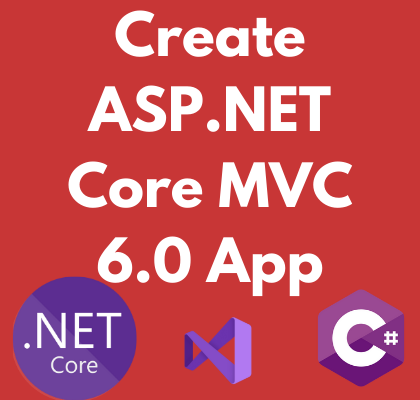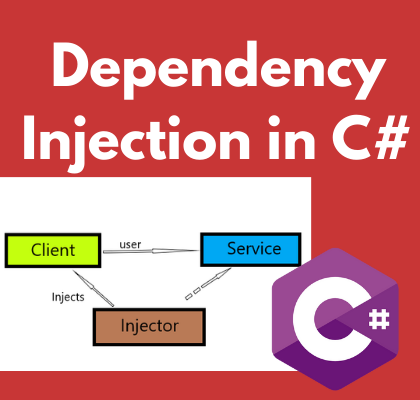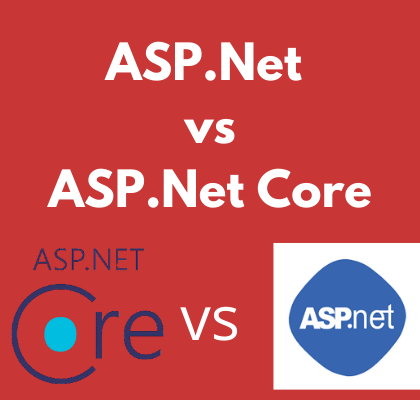How To Create Razor Pages In ASP.NET Core 6.0
Intro: In this article, we are going to discuss how to Create Razor Pages in ASP.NET Core 6.0 using visual studio 2022. What are Razor Pages in ASP.NET Core? Razor Pages is a feature of ASP.NET Core that makes coding page-focused scenarios easier and more productive and it was introduced in ASP.NET Core 2.0. Razor pages are used to create cross-platform, data-driven, server-side web pages. In MVC we have, controller, view, and model folders but in razor pages, we only have a pages folder. Razor pages are mostly used to create small applications. If we have to change something in…









